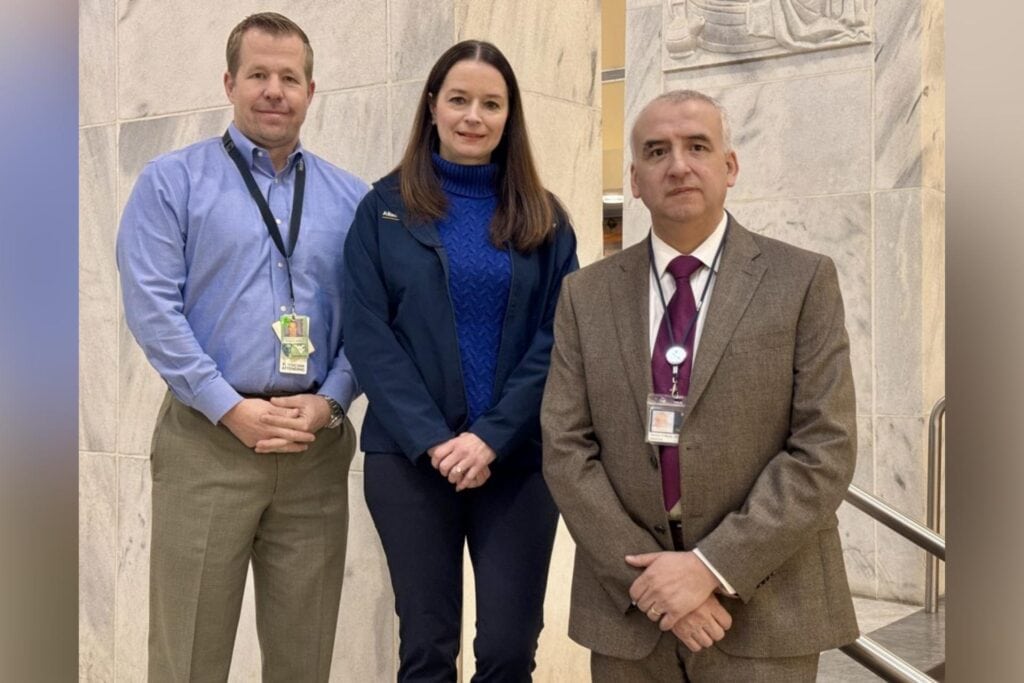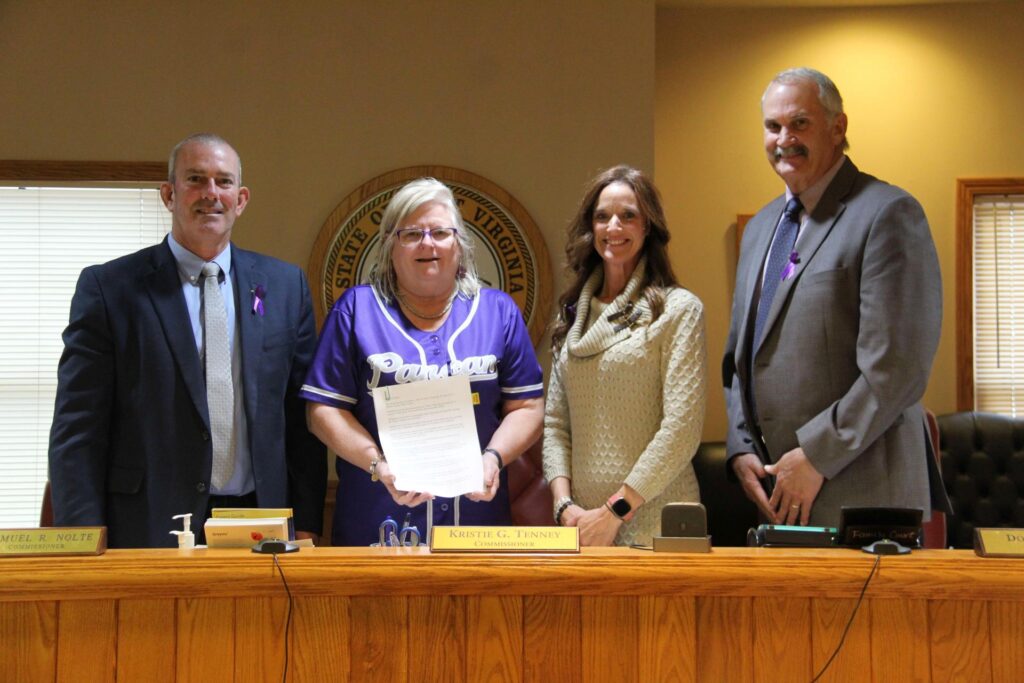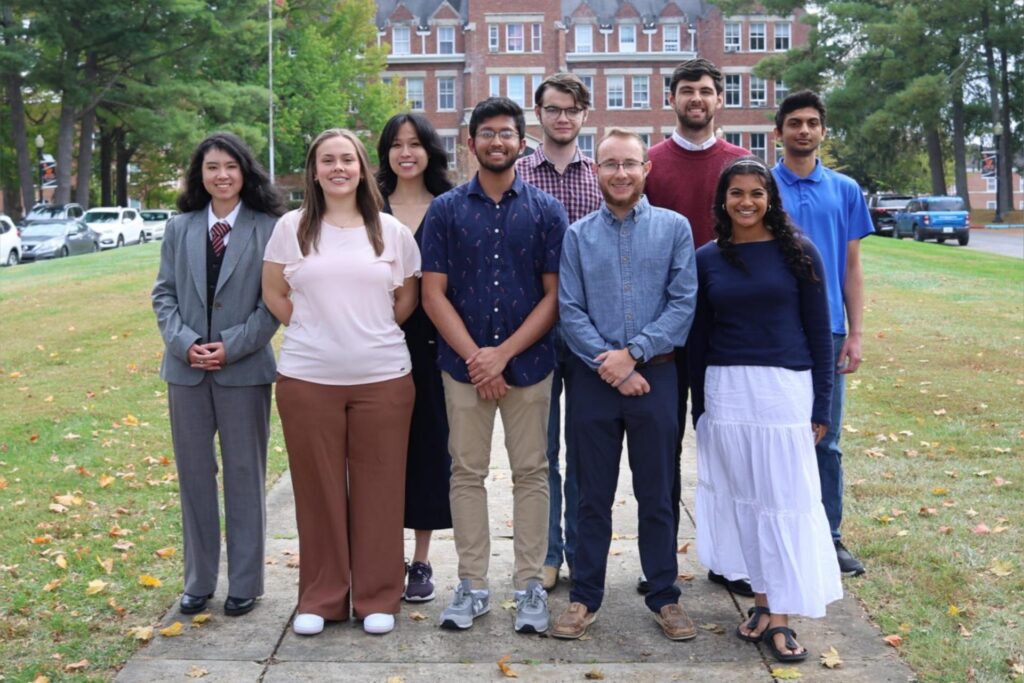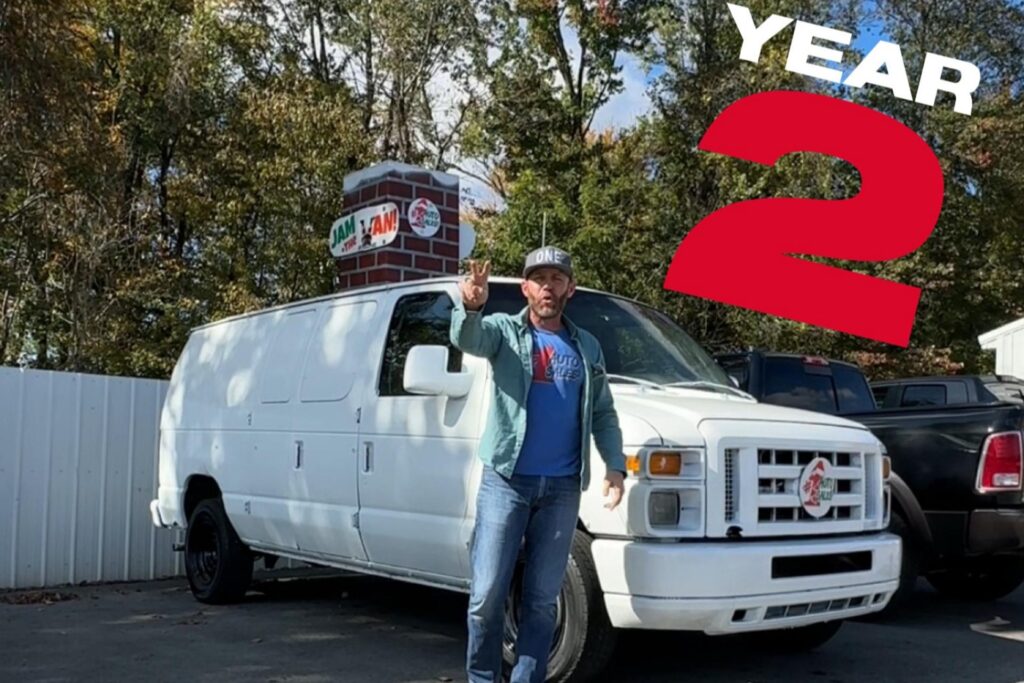The holidays provide an opportunity for families to discuss medical care wishes in case of chronic or serious illnesses before crises arise. When patients arrive in chaotic emergency rooms, they may be unable to participate in these important decisions, causing overwhelming challenges for family members.
WVU Medicine J.W. Ruby Memorial Hospital has introduced an innovative program offering palliative medicine consultation services specifically for its Emergency Department patients. Ruby Memorial is among the few hospitals nationwide doing so. Palliative medicine is a specialty focused on enhancing life quality for those with complex, often terminal illnesses. Palliative care providers collaborate with patients, families and the medical team to plan services such as pain management, nutrition, spiritual care and life support decisions.
Allison Tadros, M.D., an experienced emergency medicine provider at Ruby’s Emergency Department, recognized the need for connecting individuals and families with palliative care during serious or sudden illnesses. Tadros noted that in her 20 years in the ED, she frequently encountered patients with advanced chronic illnesses like heart failure or lung cancer or those with sudden, life-threatening conditions like strokes or severe heart attacks.
In such scenarios, timely conversations are critical to ensuring patients’ values are respected. Palliative care specialists can offer guidance to patients and families during difficult times. For chronic disease patients, the focus is on symptom management and enhancing life quality.
Observing this need, Tadros paused her emergency medicine career to complete a fellowship in hospice and palliative medicine, now practicing both areas to bridge the program. “At times, it can be difficult to predict how things will go for a patient once they are admitted to the hospital with a serious illness, so an initial consultation can establish a relationship with the patient and start a discussion about their goals and values for their medical care,” Tadros said. “After a few days, patients and their families may face difficult decisions.”
Tadros estimated that approximately half of the ED patients have not done any advance care planning or named a medical power of attorney. Even if some have done so, their personal records may not be accessible. “If a patient has not already done paperwork naming a medical power of attorney, we offer to do one. Or if they have done it but it is not documented in their medical chart, we encourage them to bring it in as soon as possible or offer to complete a new one,” Tadros explained. “As soon as we prepare the form for them, we scan it into the medical record, and it’s immediately available, not only for Ruby Memorial, but at any WVU Medicine clinic or hospital.”
Without the ability to communicate preferences, healthcare providers sometimes have to appoint healthcare surrogates, which may not align with patient preferences. A visit to the ED can trigger considerations about advance care planning, transforming a challenging moment into an empowering one. “A visit to the emergency department represents a good time to reflect on where they are with their illness,” Tadros said. “At that point, they may be experiencing a change in their condition, and it is useful to start to think about important decisions like life support and end-of-life wishes.”
Tadros’ dual training in emergency medicine and palliative care has been supported by Chris Goode, M.D., chair of the Department of Emergency Medicine; Nathan M. Lerfald, M.D., chair of the Department of Medicine; and R. Osvaldo Navia, M.D., division chief of Geriatrics, Palliative Medicine, and Hospice.
“The aging population with serious diseases is a growing reality in West Virginia, with more than half visiting the emergency department in the last month of life,” Dr. Navia said. “The presence of palliative medicine in the emergency department is changing the dominant paradigm of maintaining life at all costs to a focus on the patient’s goals of care and preference while providing high-quality treatments.”
There is a state public health initiative to expand palliative care services in EDs across West Virginia. Tadros hopes to extend this vital service to other WVU Medicine emergency departments via telemedicine. Her advice is straightforward: “I always tell patients that everyone 18 years and older should have a medical power of attorney completed,” she said. “Have a copy of it available and make sure to give a copy to your medical provider so it can be entered into their medical record well in advance of needing it. Additionally, make sure you and your medical power of attorney have discussed your wishes for your medical care should you become very ill.”
To learn more about WVU Medicine, visit WVUMedicine.org.













